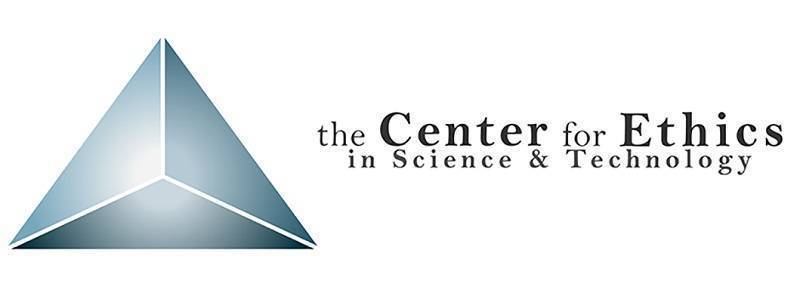Mar 13, 2019–Mar 13, 2019 from 7:00pm–9:00pm
The Ocean’s Stethoscope: How Technology is Being Used to Study Fish Populations

This event will be hosted and sponsored by Grossmont College. Grossmont College, Building 26, Room 220 – near the Performing and Visual Arts Center Overview: Sooner or later, the food requirements of nine billion people with increasing appetites for seafood must be addressed. Although aquaculture may supply the majority of the global ‘seafood’, most aquaculture is fed meal from wild caught fish, such as sardine and anchovy. To estimate the distributions and abundances of these and other small fish off the west coast, NOAA Southwest Fisheries Science Center routinely conducts “acoustic-trawl” surveys. Fish are remotely sensed using pulses of underwater sound and their species and sizes are sampled using nets. The resulting information is then provided to the Pacific Fishery Management Council to manage commercial and recreational fishing along the U.S. west coast. Dr. Demer will briefly describe the vessels, instrumentation and methods that are used to conduct these surveys, and provide a virtual tour of the world-class facilities in La Jolla that are used to develop the next generation of autonomous, ocean-sampling technologies. Join us to learn more about this exciting technology and be part of a discussion about possible ethical challenges. Guest Speaker: Dr. David Demer, Ph.D., Leader of the Advanced Survey Technologies Program (AST) at National Oceanic and Atmospheric Administration (NOAA) Southwest Fisheries Science Center (SWFSC) in La Jolla, CA. Dr. David Demer and his team develop sampling technologies and use them to investigate zooplankton and fish stocks, predator-prey interactions, and ecosystem dynamics. He has conducted surveys along the west coast of North America from the Sea of Cortes to the Bering Sea; along the east coast from the Gulf of Mexico to the Gulf of Maine; in the Irish, Ligurian, and Red Seas, off South Africa, and in the Southern Ocean. When ashore, he often commutes by bicycle and routinely endeavors to improve his tennis game. He earned a B.S. in Electrical and Computer Engineering (ECE) from University of Arizona in 1986, worked as a Product Engineer for Intel Corporation from 1986 to 1989, received a Hertz Foundation Fellowship in 1989, and was awarded a Ph.D. in Applied Ocean Science / ECE from Scripps Institution of Oceanography (SIO), University of California at San Diego in 1994. He began his career with NOAA SWFSC as a Research Engineer with the Antarctic Ecosystems Research Division in 1990. He became the Leader of AST in 1999, a Research Associate with the Marine Physical Laboratory at SIO in 2000, a Research Associate with the Integrative Oceanography Division at SIO in 2007, Guest Editor for the ICES Journal of Marine Science (JMS) in 2009, Review Editor for the JMS in 2012, and Senior Scientist at the SWFSC in 2010. Moderator: Brendan Praniewicz, English instructor at Grossmont and Mesa Community Colleges. Brendan Praniewicz was awarded a Teaching Excellence Award at Grossmont College in 2016, an award given to the most stand-out instructor in each department. He is a writer, currently working on a book. In addition, he is also a working stand-up comedian.
Date and Time
Mar 13, 2019–Mar 13, 2019
from 7:00pm–9:00pm
Location
Grossmont College, Building 26, Room 220 – near the Performing and Visual Arts Center
Event Registration
Registration for this event is required
by .
Visit the registration page for details.
Event Fee
Free
Contact
Center for Ethics in Science and Technology • info@ethicscenter.net • 858-822-2647
Audience
Faculty, Staff, Students, The General Public
Event Host
Center for Ethics in Science and Technology